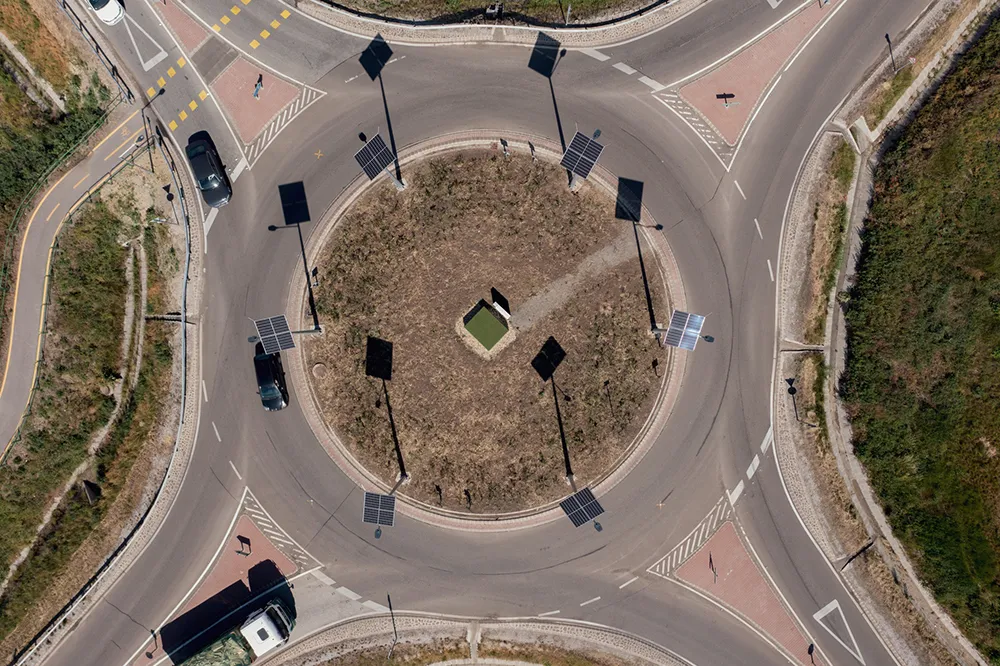TriMet's new MAX Orange Line, a light rail project between Portland and Milwaukie in the US incorporates Siemens’ advanced rail technologies, including its S70 light rail vehicles, rail signalling and communication systems and the company's first Sitras SES energy storage unit in the US that uses regenerative braking to sustainably power the line.
The 12 kilometre line is the region's sixth construction project of the development project Metropolitan Area Express (MAX) to expand the city's transport net
September 22, 2015
Read time: 2 mins
The 12 kilometre line is the region's sixth construction project of the development project Metropolitan Area Express (MAX) to expand the city's transport network to cope with expected population growth in the Portland area. The line will improve transit in the corridor that extends from the terminus of the MAX Green and Yellow lines at Portland State University in Downtown Portland to Milwaukie and North Clackamas County.
The newly redesigned light rail vehicles were built based on input from TriMet and passengers and include better sight lines for the driver, more ergonomically designed main cabins and larger displays for train operators so they are better able to monitor the vehicle's status to improve safety and efficiency. Maintenance enhancements were made based on TriMet's feedback including rearrangement of systems to increase accessibility to key components on the vehicles and improved diagnostic systems.
The innovative regenerative rail energy storage technology allows for energy created during braking to be stored and then re-used in one of two forms, energy savings or voltage stabilisation during peak demand times. TriMet will utilise the system in voltage stabilisation mode, which enables the system to avoid disruptions that can occur in mass transit operations if power drops below a certain level. The Sitras SES ensures the system voltage always remains within the required range and voltage-related disruptions no longer occur.







